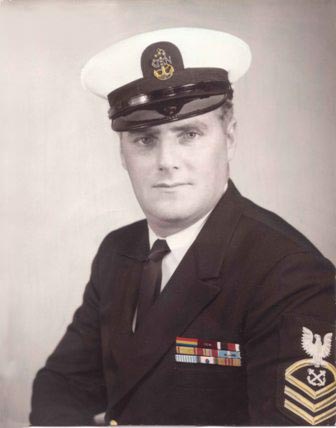

At the going down of the sun and in the morning, We will remember them. They shall grow not old, as we that are left grow old: Age shall not weary them, nor the years condemn. They were staunch to the end against odds uncounted, They fell with their faces to the foe. Straight of limb, true of eyes, steady and aglow.

They went with songs to the battle, they were young. It has now become known in Australia as the Ode of Remembrance, and the verses below are read at dawn services and other ANZAC tributes, claimed as a tribute to all casualties of war, regardless of state. "Titled "For the Fallen," the poem appeared in The Times on September 21, 1914. The poem was published when the Battle of the Marne was foremost in people's minds. The poem honoured the World War I British war dead of that time and in particular the British Expeditionary Force, which had by then already had high casualty rates on the developing Western Front. The plaque bears the inscriptionįor The Fallen Composed on these cliffs 1914 A stone plaque was erected at the spot in 2001 to commemorate the fact. The inspiration for Laurence Binyon's famous war poem "For the Fallen"īinyon wrote For the Fallen, an elegy of 7 stanzas, while sitting on the cliffs between Pentire Point and The Rumps in north Cornwall, England. Moving in marches upon the heavenly plain Īs the stars that are starry in the time of our darkness, To the innermost heart of their own land they are known,Īs the stars will be bright when we are dust, They have no lot in our labour of the daytime īut where our desires are and our hopes profound,įelt as a well-spring that is hidden from sight, They sit no more at familiar tables at home

They mingle not with their laughing comrades again They shall not grow old, as we that are left grow old:Īge shall not weary them, nor the years condemn.Īt the going down of the sun and in the morning, They were staunch to the end against odds uncounted, There is music in the midst of desolation, Solemn the drums thrill: Death august and royal, The fourth verse, which became the League’s Ode, was already used in association with commemoration services in Australia in 1921 and not only adorns War Memorials throughout the British Commonwealth, but is at the heart of all rites of the RSL.With proud thanksgiving, a mother for her children,Įngland mourns for her dead across the sea.įlesh of her flesh they were, spirit of her spirit, It was selected in 1919 to accompany the unveiling of the London Cenotaph and, like so many memorial traditions, passed into common use across the Commonwealth. The Ode is taken from the elegy For The Fallen, by English poet and writer Laurence Binyon (1869–1943) and was published in London in The Winnowing Fan Poems of the Great War in 1914. The fourth stanza of the Poem, For the Fallen encapsulates the thoughts behind tributes to the fallen. After having lost their lives on this land they have become our sons as well.” You, the mothers, who sent their sons from faraway countries wipe away your tears your sons are now lying in our bosom and are in peace. There is no difference between the Johnnies and the Mehmets to us where they lie side by side here in this country of ours. You are now living in the soil of a friendly country therefore rest in peace. “Those heroes that shed their blood and lost their lives. Like them, remember that prosperity can be only for the free, that freedom is the sure possession of those alone who have the courage to defend it.”Įngraved forever at ANZAC Cove are these words from Kemal Ataturk, the Commander of the Turkish 19th Division during the Gallipoli Campaign and the first President of the Turkish Republic from 1924-1938. Monuments may rise and tablets be set up to them in their own land, but on far-off shores there is an abiding memorial that no pen or chisel has traced it is engraven not on stone or brass, but on the living hearts of humanity. For the whole earth is the sepulchre of heroes. “Each has won a glorious grave – not that sepulchre of earth wherein they lie, but the living tomb of everlasting remembrance wherein their glory is enshrined. The following was written by Pericles, well over two thousand years ago, long before the first ANZAC Day, but only a stone’s throw from Gallipoli:


 0 kommentar(er)
0 kommentar(er)
